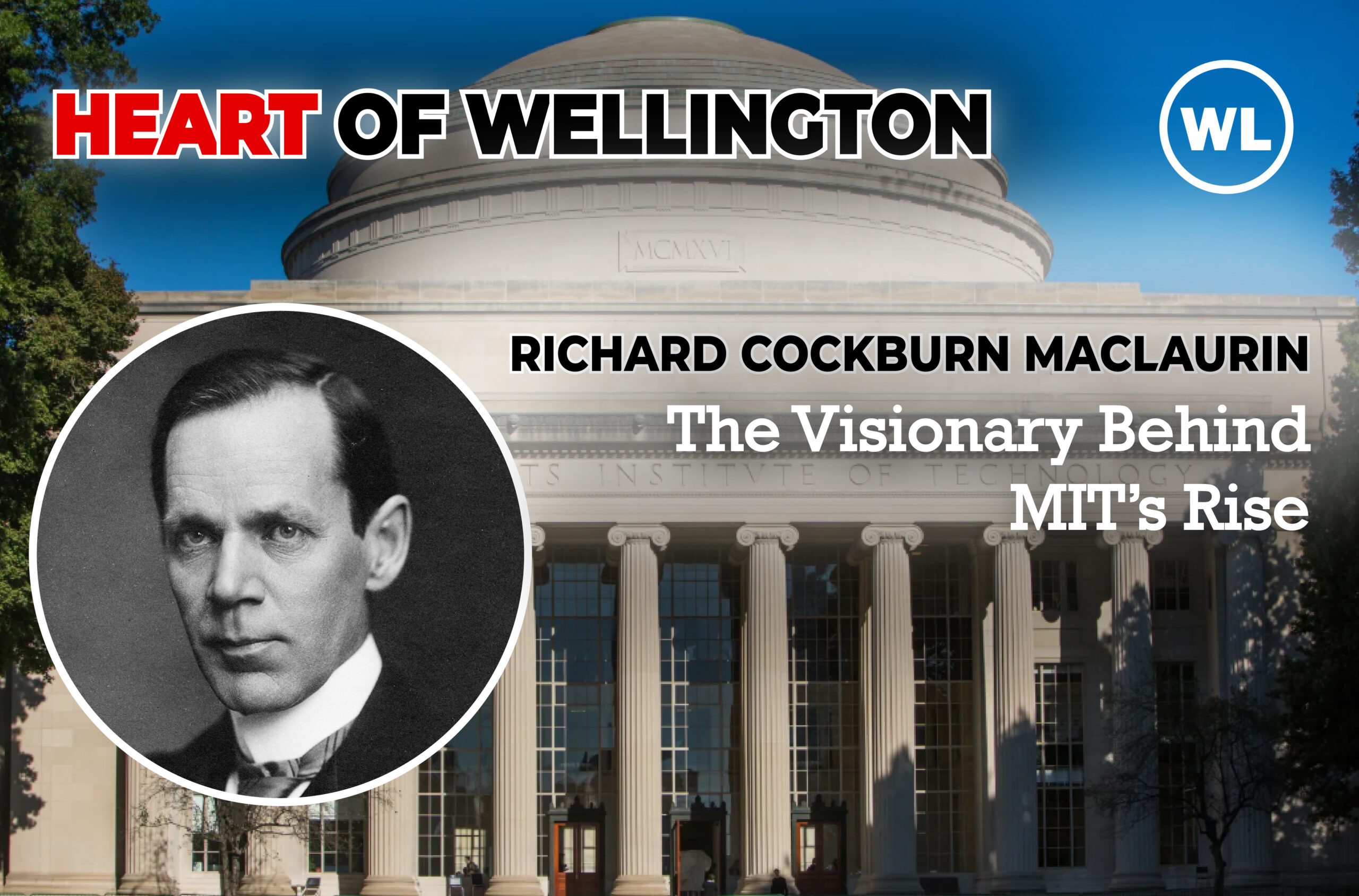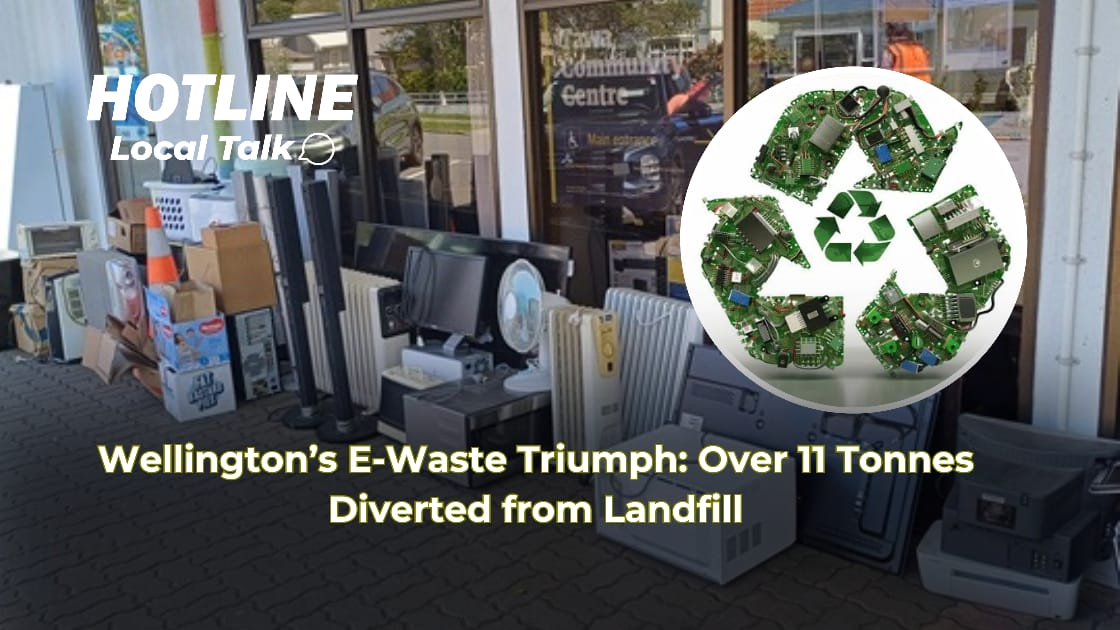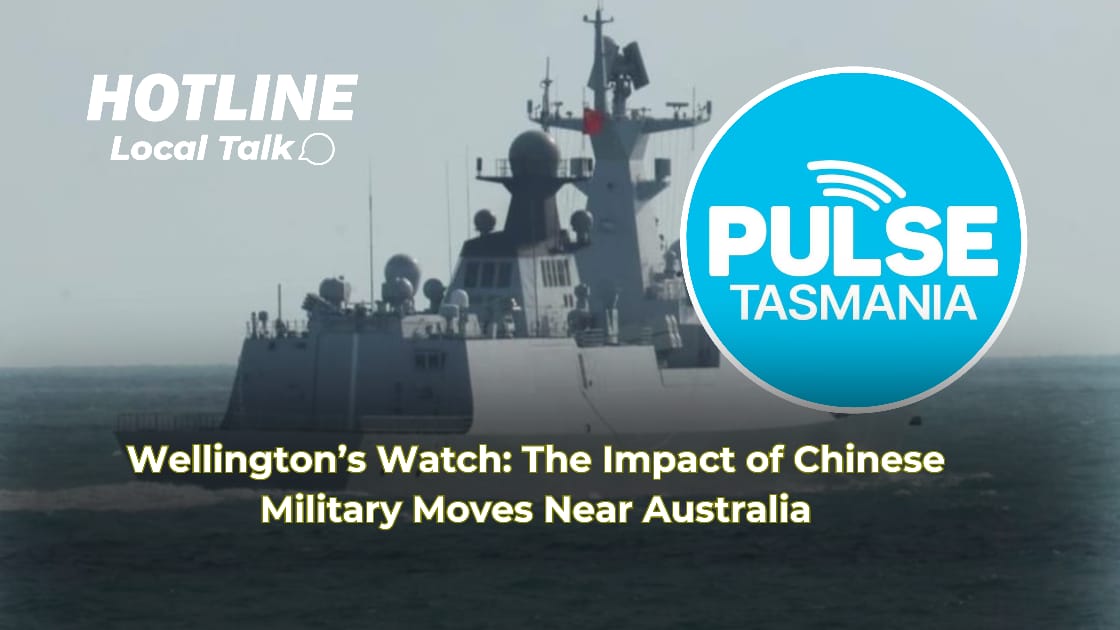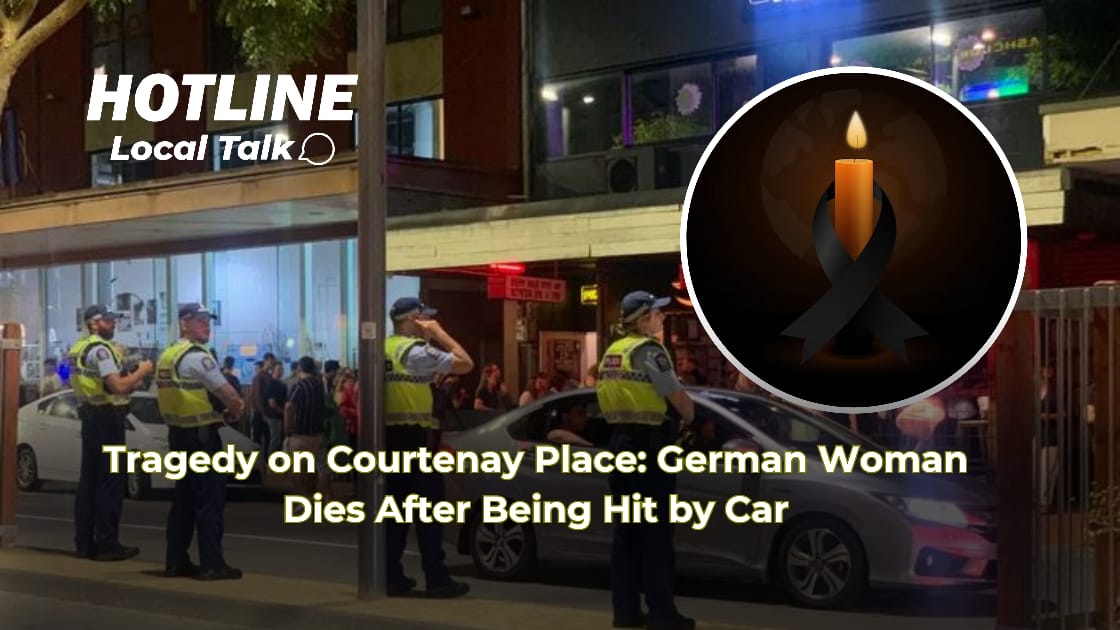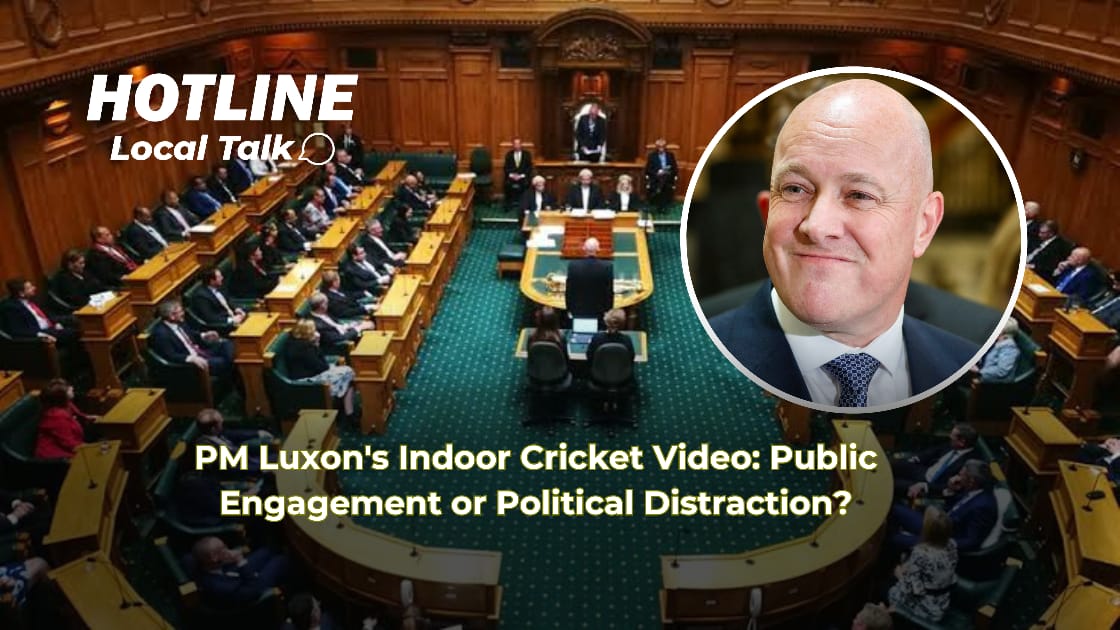By joining you get access to pre sales, all competitions and local insider news.
Author: Huzaifa
Introduction In a commendable effort to enhance environmental sustainability, Wellington City Council, in partnership with Echo Tech Ltd and local community centres, successfully diverted over 11 tonnes of electrical waste (e-waste) from landfill during last year’s Recycling Week. This initiative not only highlights Wellington’s commitment to reducing waste but also showcases the power of community involvement in environmental conservation. One Network Wellington Live brings you an in-depth look at this achievement, the process behind e-waste recycling, and what it means for our city. The Initiative: Recycling Week in Pōneke Recycling Week in Wellington, or Pōneke, was more than just a…
Introduction The geopolitical landscape of the Asia-Pacific region has always had implications for New Zealand, and recent military activities by China near Australia are no exception. With three Chinese warships conducting live firing exercises off the Tasmanian coast, the ripple effects are felt as far as Wellington, particularly in the realm of aviation and broader security concerns. One Network Wellington Live delves into what this means for Wellington, exploring the immediate changes in flight paths, the potential broader impacts if tensions escalate, and how Wellingtonians might be affected. Chinese Warships and Tasmanian Waters The presence of the Jiangkai-class frigate Hengyang,…
In a heart-wrenching incident that has shaken the Wellington community, a 66-year-old woman from Germany tragically passed away in hospital after being struck by a vehicle on Courtenay Place. The accident occurred on Monday night at approximately 8:25pm, as reported by the NZ Police. This article, brought to you by One Network Wellington Live, aims to provide a detailed account of the event, the response, and the broader implications for road safety in our city. The Incident The woman, who was visiting from Germany, was crossing Courtenay Place when she was hit by a car. According to eyewitness accounts, the…
Introduction The quiet town of Masterton, not far from Wellington, was shaken by a series of arson attacks on its churches early Saturday morning. As the community reels from the shock, the New Zealand Police are intensifying their investigation, with a particular focus on a green Ford Festiva seen leaving one of the fire scenes. One Network Wellington Live provides a detailed account of the ongoing investigation, the community’s response, and how this incident resonates with Wellingtonians. The Arson Attacks Between 4am and 5am on Saturday, four churches in Masterton were deliberately set on fire, with arson attempts also made…
“A Dangerous Step”: Mayor Tory Whanau on the Treaty Principles Bill’s Threat to Wellington and Beyond Introduction In a powerful address at Parliament, Wellington’s Mayor Tory Whanau has voiced strong opposition to the proposed Treaty Principles Bill, warning of its potential to undermine the foundational values of Aotearoa New Zealand. One Network Wellington Live brings you an in-depth analysis of her submission, the implications for Wellington, and the broader societal impact of this contentious legislation. The Mayor’s Stand at Parliament During her oral submission, Mayor Whanau did not mince words, describing the bill as a “dangerous step” that could incite…
Introduction In the bustling heart of Wellington, Manners Street has earned a notorious nickname among bus drivers: ‘The Bowling Alley’. This moniker reflects the street’s challenging conditions for both drivers and pedestrians. Recently, these concerns were brought into sharp focus when a pedestrian was critically injured after being struck by a bus at 4:40pm on Manners Street. One Network Wellington Live provides a comprehensive look into this incident, the history of safety issues on this road, and what it means for the future of pedestrian and public transport safety in Wellington. The Recent Incident On a typical busy afternoon, emergency…
Introduction As of 8am today, the Wellington District, including the city suburbs, Hutt Valley, and all of Wairarapa, has officially entered a restricted fire season. This follows the earlier transition of Porirua and the Kāpiti Coast into a similar status on January 28. One Network Wellington Live brings you a detailed look at what this means for our community, the reasons behind this decision, and how we can all contribute to fire safety this summer. What is a Restricted Fire Season? A restricted fire season, as defined by Fire and Emergency NZ, is a period where the risk of wildfires…
Introduction In a move aimed at boosting New Zealand’s economic landscape, Associate Finance Minister David Seymour has announced significant reforms to the Overseas Investment Act. This legislative overhaul is designed to facilitate easier access to foreign investment for New Zealand businesses, with a particular focus on enhancing productivity and wage growth. One Network Wellington Live delves into what this means for Wellington, the broader implications for New Zealand’s economy, and how these changes could reshape the investment environment. The Current State of Investment in New Zealand New Zealand has long been noted for its stringent overseas investment laws, which Seymour…
Remember when Maccas bought Georgie Pie in Manners Mall and shut it down back in the day? Wellington lost a pie legend then, but today—24 February 2025—there’s good news. A new pie shop, Puku Pies & Kai, opened its doors in Lyall Bay, bringing fresh hope to pie lovers. It’s at Lyall Bay Junction, part of Wellington Airport’s shiny new waterfront strip. Run by locals who care about good food, this place uses ingredients from nearby farms to whip up tasty pies and treats. It’s only been a day, but people are already buzzing about it being their new go-to.…
In an unexpected move to connect with the public, New Zealand’s Prime Minister, Christopher Luxon, recently uploaded a video on his official Facebook account where he was seen playing indoor cricket. This action has elicited a broad spectrum of reactions from the residents of Wellington, ranging from admiration to criticism. This comprehensive article, brought to you by One Network Wellington Live, delves into the public’s response, capturing the essence of both support and dissent in a balanced manner. The Video That Stirred Wellington On a seemingly ordinary day, Prime Minister Christopher Luxon decided to share a lighter side of his…



